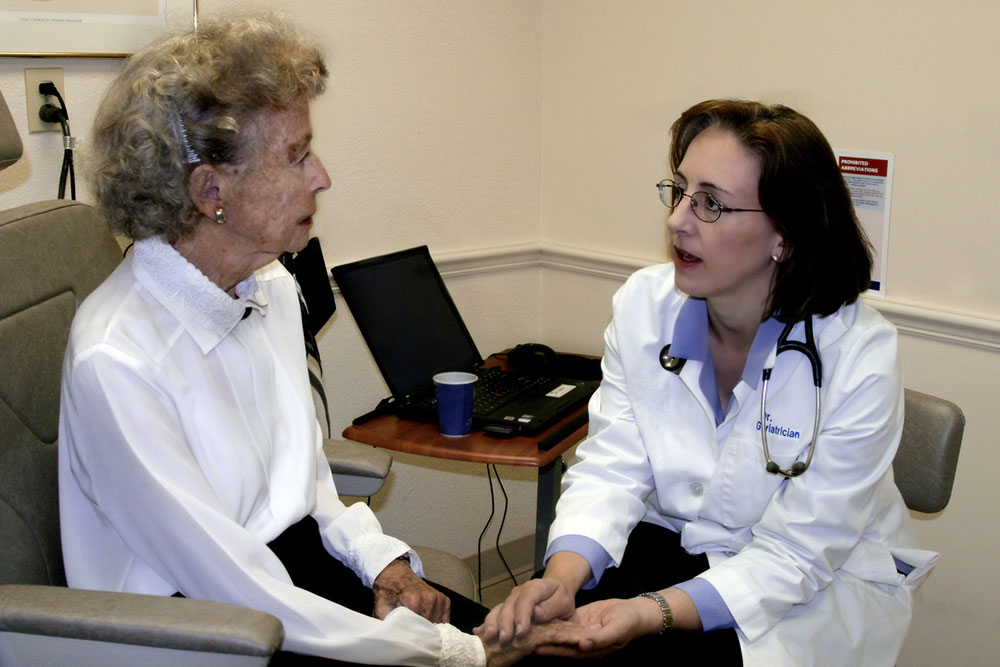Recovering From Pancreatitis – Meal Plan and Suitable Foods
Pancreatitis is a condition in which the pancreas swells, starting abruptly and lasting several days. The condition’s onset is often triggered by digestive juices or enzymes attacking the pancreas. Several factors contribute to this disease, including the development of gallstones. People with pancreatitis experience severe pain in their upper abdomens, accompanied by nausea and vomiting. While most patients require hospitalization, even post-discharge, one must eat healthy foods to prevent issues in the future.

Foods to eat
1. Beans and lentils
A meal plan for pancreatitis should include fiber-rich foods, which prevent gallstones from developing and prevent the condition from escalating to its acute form. Beans and lentils are also high in antioxidants, which help reduce inflammation, and protein, which gives the body sufficient energy to recover from the condition.
2. Fish
White fish, such as haddock and cod, are low in fats and rich in protein sources. As per some research studies, about 2-3 helpings of fish every week can help reduce acute pancreatitis that isn’t caused by gallstones. Also, fatty fish like salmon, tuna, and mackerel are packed with omega-3 fatty acids, also known to reduce inflammation and help those with pancreatitis control their symptoms. So, fish are among the top foods that heal pancreatitis.
3. Low-fat dairy
Low-fat milk, cheese, yogurt, etc., are good sources of protein and calcium. Calcium is required for the pancreas to secrete its juices optimally, while proteins provide the energy needed to recover from the condition. But, one should avoid high-fat dairy products, which might increase abdominal pain and bloating. If one is intolerant to lactose, alternatives like soy milk, yogurt, and tofu might be effective.
4. Dark, leafy greens
Greens like spinach, kale, lettuce, and Brussels sprouts are rich in antioxidants, which can reduce inflammation caused by pancreatitis. They are also packed with several essential vitamins and minerals. So, one should incorporate leafy greens into one’s meals as much as possible when healing from this condition.
5. Whole grains
Whole grains like rolled oats, brown rice, and quinoa are fiber-rich, which the body needs to prevent gallstones. But one should exercise portion control based on the point at which one experiences fullness. Sometimes, depending on the condition, health experts might recommend a basic meal plan consisting of white rice, white bread, etc., which might be easier on the stomach. So, it’s best to consult one’s doctor before including grains in one’s meal plan.
6. Lean meats
Lean meats like poultry and venison are great substitutes for red and processed meats because they are easier to digest while not compromising protein content. They are also low in fat and reduce the risk of lifestyle diseases like cholesterol and heart problems, which can worsen pancreatitis symptoms. So, chicken, turkey, venison, and other lean meat sources are great options for those with pancreatitis.
7. Beetroot
Packed with fiber and several essential nutrients – vitamin C, iron, copper, potassium, and manganese, to name a few – beetroot is an immunity booster and a great addition to one’s meals when healing from acute pancreatitis. But excess beetroot might sometimes be difficult to digest, so one should have it in limited quantities but regularly.
8. Sweet potatoes
Sweet potatoes are rich in nutrients like beta-carotene, copper, vitamin C, vitamin B6, and manganese and are an excellent fiber source. So, they are good options for building immunity and reducing inflammation and one’s risk of gallstones when healing from pancreatitis. One can have boiled sweet potatoes directly as easy meals for pancreatitis, as a stir fry, or included in soups and smoothies.
Foods to avoid
1. Sugary foods
Patients with pancreatitis should limit or avoid refined carbohydrates, including sugary foods. Also, sugar directly increases one’s risk of diabetes, which can worsen pancreatitis symptoms. So, one should avoid all sugary foods, including soft drinks, confectionaries, and ice creams.
2. Processed meats
Processed meats and red meats are difficult to digest and can worsen symptoms like abdominal pain. They also increase one’s risk of cholesterol and heart conditions. So, those with pancreatitis should replace processed and red meats with lean meat sources and eggs to derive their protein intake.
3. Cage eggs
Although cage eggs also contain proteins and other nutrients, they have higher levels of saturated fats than free-range eggs. Also, their protein and amino acid levels are relatively low. That’s why it’s best to switch to free-range eggs when one is healing from pancreatitis.
4. Packaged foods
Packaged, ready-to-eat foods contain MSG, preservatives, and several spices, which can increase inflammation and aggravate pancreatitis. So, it is best to avoid such food items and replace them with freshly prepared ones.
Health experts may suggest different types of nutritional regimes for patients managing pancreatitis. For example, in many cases, after an episode of acute pancreatitis, doctors might advise having only healthy, clear liquids, such as clear soup and gelatin. While following a liquid meal plan, one should avoid creamy soups, aerated drinks, and packaged beverages, which contain high levels of sugar and fat that may worsen symptoms. Other healthy drinks like clear broth and white grape or cranberry juice can also be included, but a health expert should be consulted first. Whatever meal plan one chooses to follow, one should always connect with a doctor and a nutritionist to ensure they are on the right track.















